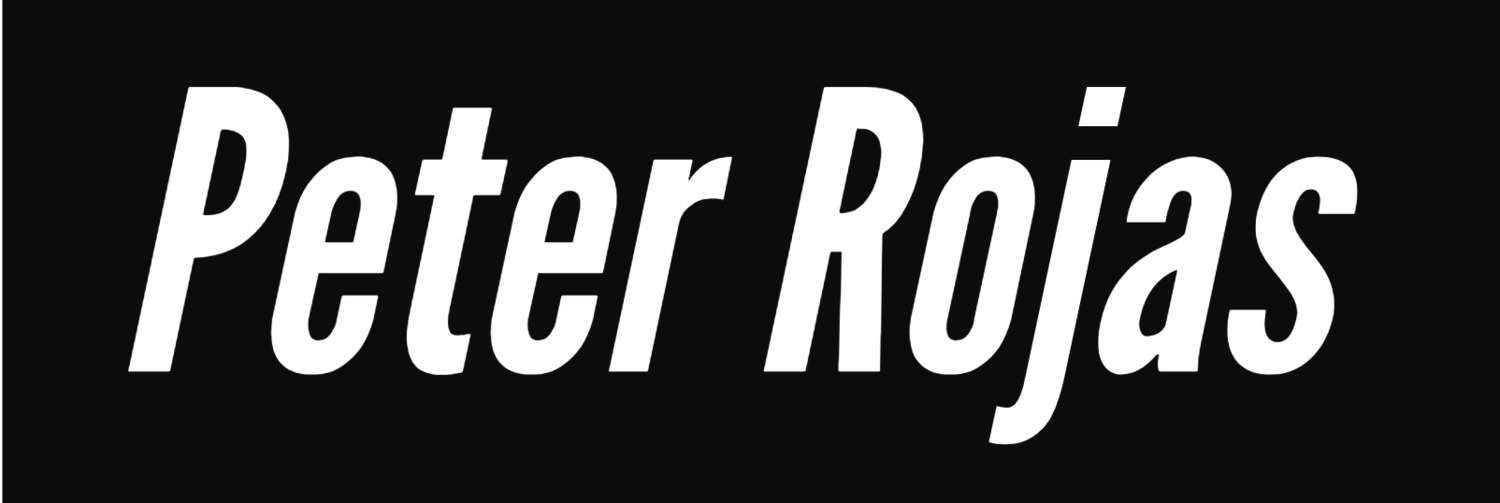This was originally posted as Twitter thread.
Are there any good tools for groups that want to do world-building for fictional settings together? I mean stuff like lore, maps, timelines, etc for fantasy & sci-fi settings. Because if there isn't I want to help get it built.
I've been writing a D&D campaign with my son and part of what has been so much fun about it is the world-building we're doing: creating the setting for the campaign, maps, backstories for characters, the history of the area, mythology, etc. It hasn't been so hard to keep track of all that as it's just the two of us. But I've been wondering: How would you do this with a larger group? Could you make this kind of world-building a more collaborative process and still have it work?
There has been a shift in media away from series that offer installments of a single story and towards Creative Universes that serve as more open-ended settings for a potentially limitless number of movies, TV, books, games, etc. (Star Wars is the best example of this shift; my good friends Matthew Ball and Jonathan Glick wrote about how these Creative Universes are the future of media earlier this year.)
Big media companies clearly see the value in extending successful IP franchises into Creative Universes, esp. because of how invested in them fans can become. You don't just sell tickets to a movie, you get those fans excited about an entire universe of content. But for the most part our participation in Creative Universes is limited to consuming media (or at best being players in games in those settings) or bending copyright and writing stuff like fanfiction. This can be frustrating because many of us love stuff like Star Wars and Lord of the Rings not just because of the dramatic narratives, but also because of how detailed those Creative Universes are. We love the maps and the lore and the mythology. (Tolkien supposedly wrote the LotR books in part because he wanted to do something with the Elvish language he'd invented and the fantasy setting of Middle-Earth that he'd created.)
So back to that D&D campaign I'm working on. What if there were a tool for groups to do this world-building together, with the goal of it being an ever-evolving reference and structure for narratives and/or games set in that Creative Universe? I bet there are people like me who might not ever write a fantasy novel, but who would enjoy nerding out on creating a pantheon of gods, drawing maps, inventing languages, conceptualizing new technologies, or a designing system of magic.
There are wikis, of course, but as far as I can tell there isn't anything purpose-built for this and the needs of being able to define & create timelines, maps, histories, major figures, mythologies etc and keep everyone on the same page as to what's canon and what's not. This tool could be a way to build and expand that setting over time, complete with permissioning and versioning. (And maybe even a way to fork settings into parallel universes?)
Use-cases could range from small groups using it to keep track of what's "in-universe" for their own creative projects (or to license the IP out), to entire fan communities building Shared Creative Universes together in a more open collaborative process. (GitHub for SCUs?)
You could imagine the author of a book series deciding to "donate" their setting to their fan community, using a tool like this to maintain structure while opening up to contributions. Maybe there even needs to be a set of Creative Commons-like licenses for these cases?
All of this is especially important because we are devoting more of our time and attention to these Creative Universes, whether it's through the games we play, the movies we watch, or the books we read. More of us should be able to participate in that world-building, esp since the ideas and concepts that we contribute to these Shared Creative Universes are a form of creative expression in and of itself. You might not direct a movie or build a game, but you could have a hand in crafting the world that a movie or game is set in.
So I'm thinking about how to help make this happen. I'm not sure this is a startup (and I am not thinking of starting one to do this), but the idea has been rattling around in my head for a while and I finally decided to see if anyone else thinks this is interesting. I'd love to know if this idea resonates with other people. If you're already working on something like this, might want to contribute to building these tools, or just have some ideas about Shared Creative Universes, please get in touch!

